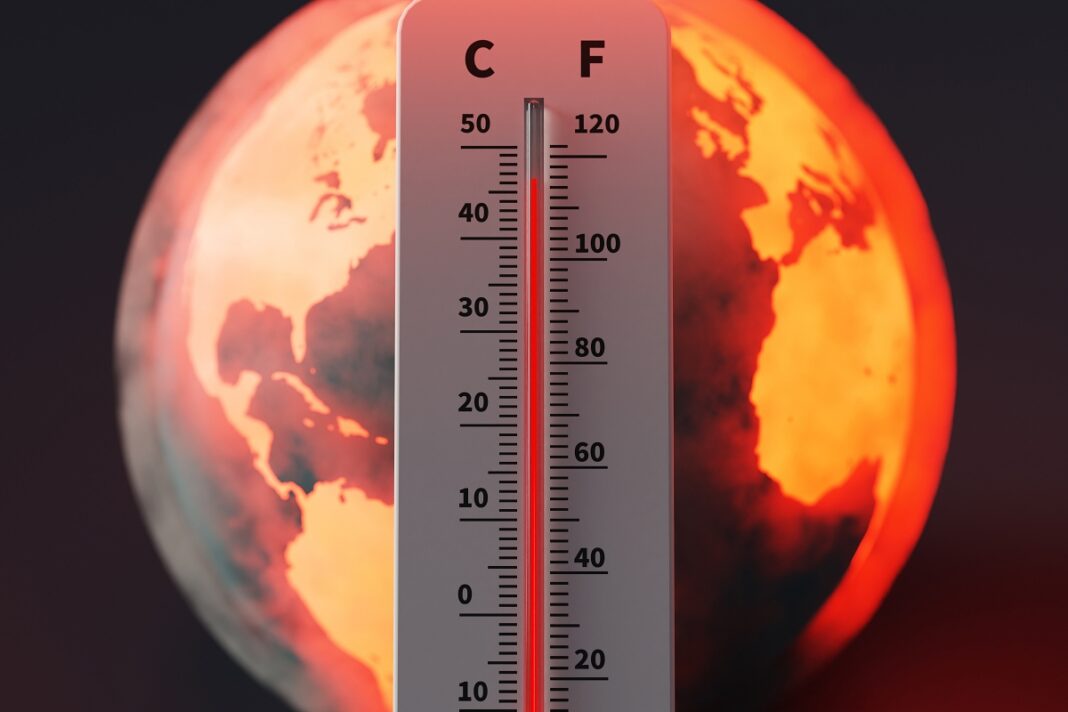I am grateful to Australian rockers Midnight Oil for the title of this month’s column. I apologise to readers for again returning to the subject of climate change. But I fear we have entered a period of global warming from which turning back will prove difficult if not impossible.

Many years ago, I was skippering a yacht from Malaysia to Hong Kong with my young son as the sole crew. Although the voyage was eventually successful, it included more than a few dramas. I wrote off the inclement weather we experienced at the time to our being caught out in an El Nino effect, which had begun the previous year and stretched into the year of the voyage.
While additional research over the years has established that indeed the El Nino and the La Nina surges do affect the weather, the reality is that the climate change we are now experiencing is largely created by human practices. And unfortunately, those in the world who are best positioned to affect climate change, seem unwilling to do so.
Getting hotter
We have recently been directly faced by an unavoidable example of the reality of climate change. A multiplicity of news reports in July reported the hottest temperatures recorded globally. According to the Guardian newspaper amongst others, the temperature on July 3 was the hottest on record ever, with the average global temperature reaching 17.01C (62.62F).
The northern hemisphere in particular has been blasted with heat waves. We have seen out-of-control fires in Europe, and heat stroke deaths all over much of the world, including in the supposedly “advanced” US.
And spare a thought for those millions of people who, as a result of their poverty and soaring populations, simply do not have recourse to air conditioning or even sufficient healthy water supplies to ease their suffering.
All of this can seem rather distant to those of us living in New Zealand where, arguably, too much heat seems to be the least of our problems. We have, after all, been recently blasted by cyclones. And here in Tauranga, I find myself frequently cold and shivering. Also let us remember, we are rather far down the globe, and nearer to the Antarctic than to the topics. But even the Poles are warming and the ice cover is melting.
New Zealand is narrow and long and we are already seeing the impact of rising seas on our coastal regions, which have previously long commanded a premium for house-owners.
Our monitoring experts, as reported by NIWA, have already documented the retreat of New Zealand’s glaciers and snowlines. This has impacted winter sports and tourist visits.
NIWA postulates that as New Zealand’s climate continues to warm, the amount of snow and ice on our mountains will continue to decrease. Rising seas and coastal erosion will impact all coastal species. And warmer waters and changing currents will impact oceanic productivity and the abundance of prey species like krill and plankton, the scientists predict.
We should also be very aware that New Zealand built its export reputation initially, and still relies heavily upon, its efficient primary industry sector. With the expected rise in more frequent extreme weather events, primary industries might expect to face increasing risks.
Midnight Oil’s 1986 hit was a plea for justice for indigenous Australians, and co-writer Peter Garrett eventually went on to serve as an environment minister. The song offered its international audience an alternative view of outback Oz culture. It remains a prescient warning of the dangers all countries are now facing.
Related: Going up in smoke




